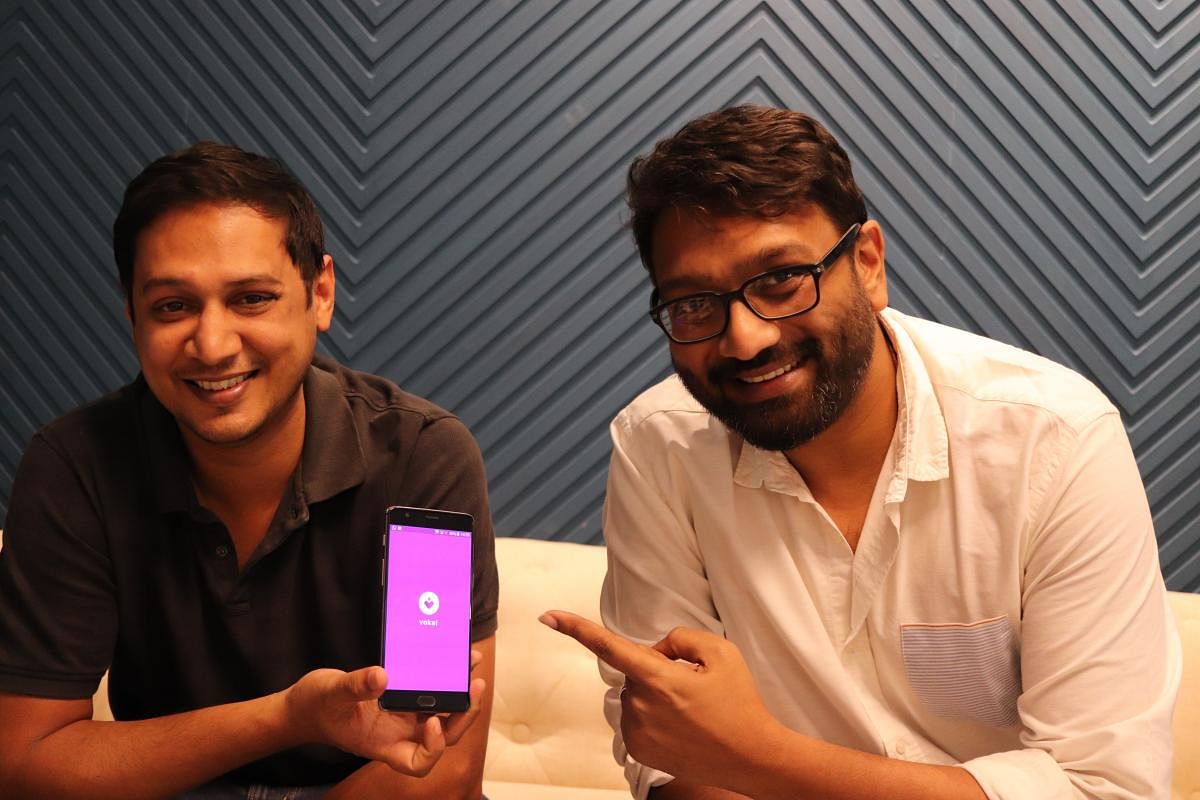
The big switch from Twitter to the indigenous microblogging platform Koo might indicate an ideological positioning by many social media users. But the Koo App co-founders emphasise they are both apolitical and the platform is ‘made for all Indians’.
“Koo is not made for people of a particular ideology. The idea is to let everyone use the platform for open expression,” app co-founder Mayank Bidawatka told DH. Twitter India’s troubles with the Centre over the latter’s demand to suspend select accounts had triggered sharp political divisions among the Twitterati.
For Twitter, the Centre’s use of the platform as the primary means of communication with the public had boosted its already strong presence in India. However, this could change quickly, and indications are that Koo could take this place soon.
As Bidawatka agreed, there was nothing official about this. However, he noted that those not on Koo would “lose out on a very important platform.” He urged every political party, big and small, to use Koo to share their voices with the citizens.
Twitter India has been under pressure from the Centre to remove several accounts that had trended hashtags linked to the farmer protests. How will Koo respond in such a scenario?
“Article 19 of the Constitution does talk about the right to freedom of speech. But this right is superseded by certain laws,” Bidawatka pointed out.
A global platform such as Twitter could afford to circumvent some of these laws. “But when you live in this country, you need to abide by the law of this country,” he said.
Gaining over 4.2 million users in barely a week, Koo had made a dramatic ‘Atmanirbhar’ imprint last week. But Bidawatka attributes this more to the app’s edge in leveraging India’s vernacular diversity.
“Although we have a very large internet population, only a small percentage speak English. By tailoring the interactions and interface to Indian language needs, we delivered a very immersive experience.”
Koo lets users share posts, images, audio, and videos with hashtags in English, Hindi, Kannada, Tamil and Telugu.
Connect with local dialect
The app, said Bidawatka, was not in competition with Twitter. “Twitter is a great product. I have so much respect for Twitter, which has democratised voices globally. But to connect with locals in their languages, you need to be in Koo to get across to a lot more Indians.”